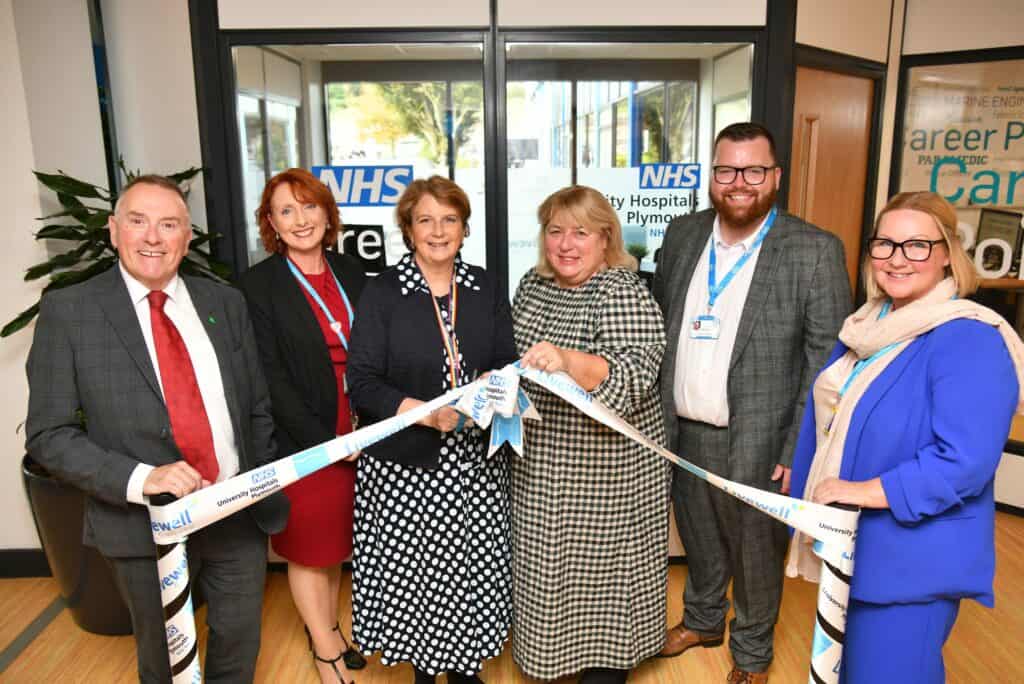City College Plymouth is a large vocational and technical General Further Education (GFE) College offering both Further and Higher Education (FE and HE) provision.
The College has a turnover of over £40m (Group) and is a significant contributor to the educational, cultural and economic life of Plymouth.
The College is the anchor institution for skills, for the city and beyond, and the largest provider of full-time 16-18 education in Plymouth.
The College provides courses for those aged 16-18, adults and for young people aged 14 to 16 (schools provision). Courses range from pre-entry through to HE and cover 14 of the 15 Subject Sector Areas (SSAs).
The College’s strategic intent has, as its foundation, a people-led and collaborative approach, that is both inspirational and aspirational.


